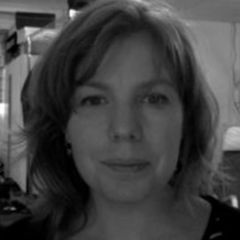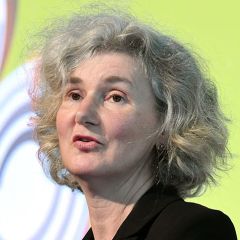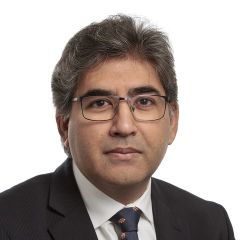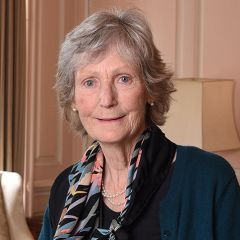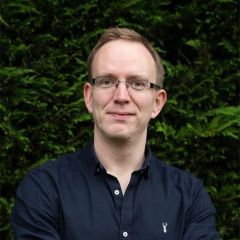Medicine
Our medicine course is intellectually stimulating and professionally challenging. We provide rigorous training in the medical sciences while equipping students with the communication, interpersonal, and clinical skills required by today’s doctors.

Course overview
Medicine students will study medical sciences for the first three years before undertaking a clinical placement for the final three years. During your first three years, you will focus on the scientific principles underpinning medicine alongside a clinical strand. You will also get to conduct a medical dissection. The course is taught through a combination of lectures, practical classes, which include dissections, and supervisions.
During your first two years, you will cover the functional architecture of the body, the physiological systems that underpin the body’s regulation of its internal environment and its response to external threats, the biology of disease, mechanisms of drugs in action, neurobiology and human behaviour, and human reproduction. The clinical strand of your first three years will include foundations of evidence-based practice, the social and ethical context of health and illness, and aspects of patient care. In your third, pre-clinical, year, you can choose to specialise in one of a wide range of subjects from other Triposes (e.g. Natural Sciences, Anthropology, Management Studies, History of Medicine, Philosophy, etc.).
For more information about the course and its modules, visit the University website.
What is it like to study Medicine at King’s?
There are typically 20-25 hours of teaching each week. Outside of those hours, you will be expected to conduct readings, write essays, and prepare for supervisions. King’s admits eight students per year to study Medicine. There are several medical Fellows, many of whom are also practising clinicians. Lectures generally last around 50 minutes, and you can print a handout in advance to aid in your note-taking. After your lectures, you will likely attend practical sessions. These are interesting and interactive. During your supervisions, you will go through the work you covered in the lectures and the practical sessions. You will usually have one supervision a day, although this may increase in the lead up to the exam period. The rest of the day will usually be spent on private study in the library, but many students will spend the evenings playing sports, relaxing, or socialising with friends.
What do we look for in an applicant to Medicine?
We are looking for students with a solid grasp of scientific principles, and the ability to apply those principles to new contexts. We are also looking for students with good interpersonal skills who can demonstrate empathy and a good capacity for engaging with a wide range of groups – from patients, to family-members, to fellow clinicians. Becoming a medical professional is also an extremely lengthy process that requires considerable commitment and passion, so we will also look for evidence that you are aware of what is involved, have explored different aspects of clinical practice, and are committed to putting in the work that will be required to qualify. Students should show capacity for logical reasoning and an ability to think analytically and creatively about new situations.
Requirements
A Level: A*A*A with A* in Chemistry
IB: 41-42 points overall with 7, 7, 6 at Higher Level including 7 in Higher Level Chemistry
Subject requirements: Chemistry, and two other from Biology, Mathematics, Further Mathematics, and Physics
Admissions assessment: University Clinical Aptitude Test (UCAT)
Written work: None
Admissions assessment
Candidates for Medicine must take the UCAT, which is a pre-registration required test. For more information about the test, please see the University website.
Careers and graduate opportunities
When you graduate, you’ll be able to get provisional registration with the General Medical Council (GMC). You can then go anywhere in the country to complete two years as a junior doctor. These are known as Foundation Years. At the end of these two years and after taking the Medical Licensing Assessment (MLA), you can register with the GMC as a doctor. You’ll be ready for a range of careers across general practice, medicine, psychiatry, and other specialities.
What is the best thing about studying Medicine at King’s?
You will be surrounded by extremely devoted medical fellows with a significant diversity of experience in the clinical world. In contrast with many courses, moreover, you will gain hands-on experience very early on through dissections and practical sessions.
A top tip for applicants to Medicine at King’s
Read widely around biology, evolution, medicine, and social policy. If you are able, it might also be helpful to obtain work experience in the medical field – even if this is just informally shadowing a GP, etc. However, not having formal work experience will not disadvantage your application.
The Directors of Studies for 2025-2026 are Dr Poppy Aldam (Part IA), Prof. Francesco Colucci (Part IB), Dr Ben Ravenhill (Part II), Dr Fraz Mir (Clinical Year 4 and Clinical Year 6), and Dr Fiona Godlee (Clinical Year 5).

